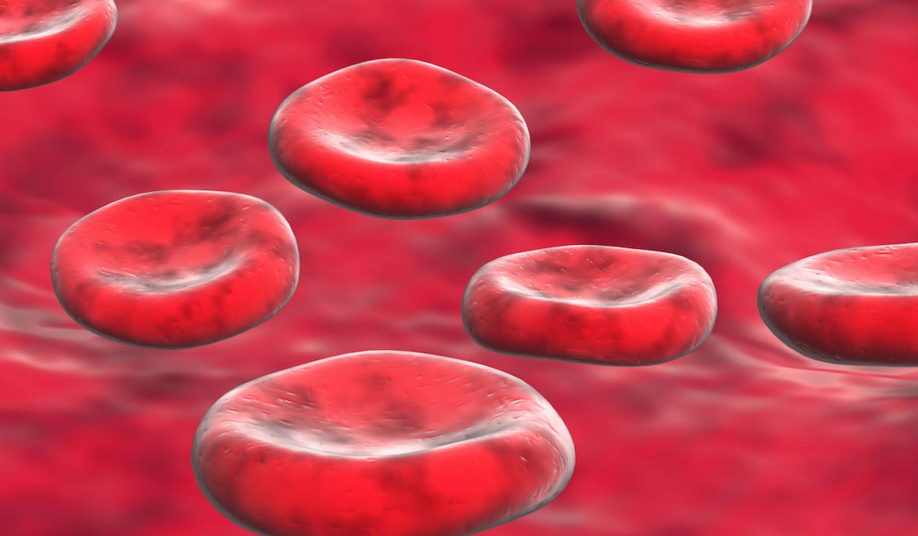“Vampire transfusions” alleviate Alzheimer’s symptoms: New study says plasma from the young is helping older people
02/17/2019 / By Zoey Sky

Alzheimer’s is a chronic neurodegenerative disease that gets worse over time. How far are you willing to go to halt the disease in its tracks? According to a recent study, plasma from younger people can help soothe the symptoms of Alzheimer’s.
Researchers from Stanford University have dubbed the process a “vampire transfusion” – aptly named after the creatures from folklore that stay alive by feeding on the life essence (blood) of humans. The blood plasma, which came from young people and was given to patients with mild to moderate Alzheimer’s, seemed to alleviate its symptoms. (Related: Newborn Human Baby Blood Shown to Reverse Age Related Diseases?)
The results of the study show that these “vampire transfusions” may help people with dementia, especially those who are no longer able to do basic daily tasks such as cooking or remembering to take their medication. The researchers took blood plasma from people aged 18 to 30, which was then given to 18 individuals with Alzheimer’s disease.
The early-stage trial was set up to determine if the transfusions were safe, but the researchers were surprised with the results. Dr. Sharon Sha, the study’s principal investigator, commented, “Our enthusiasm concerning these findings needs to be tempered by the fact that this was a small trial. But these results certainly warrant further study.”
This study follows a previous Stanford study from 2014 which determined that the blood of young mice rejuvenated the brain tissue of old mice. The blood from younger mice even improved the old mice’s ability to learn. In the previous study, the researcher stated that young blood could contain unidentified ingredients that could “recharge” the brain.
These findings were presented at the 10th annual Clinical Trial on Alzheimer’s Disease conference in Boston. In the first trial of the newer study, nine individuals with mild to moderate Alzheimer’s received four weekly infusions, which either contained blood plasma (“the liquid, cell-free part of blood” from the younger participants) or a saline solution. The regimen was then reversed so the participants with Alzheimer’s received the opposite type of infusion. By the second trial, all nine knew they would receive blood plasma.
Despite receiving the young blood plasma, the participants with Alzheimer’s showed no remarkable change in either mood or performance in memory tests. However, their carers said that they showed noteworthy improvements when it came to basic tasks like cooking.
Sha, who is also the co-leader of the Stanford Alzheimer’s Disease Research Centre, shared that further studies must be done to verify if the young blood could help patients with dementia. Some of the participants experienced side effects such as excessive itching, while a patient suffered a stroke. The latter was ruled as unrelated to the blood transfusions.
The authors also noted that the carers could have been “too optimistic” when it came to the Alzheimer’s patients’ improvements after they received “vampire” therapy. On the other hand, the participants in the first trial who had carers that weren’t aware they were receiving either blood transfusions or a saline solution allegedly showed the biggest improvements.
Dr. Carol Routledge, director of research at Alzheimer’s Research UK, shared, “Blood-plasma infusions have been in widespread use for medical purposes for a number of years, so while it is not surprising that they were found to be safe in this research, it is good news that this interesting approach can now be investigated in larger trials.” She concluded, While the researchers point to potential signs of improvements, we need to see much larger studies before we can tell if this interesting approach could help improve the lives of people living with Alzheimer’s disease.”
Tips for preventing Alzheimer’s naturally
While the study is still ongoing, why not try these natural methods of preventing Alzheimer’s disease?
- Exercise – By staying active, you can improve your brain health and keep your cardiovascular system in good condition. Try to exercise for at least 150 minutes weekly, which can also help delay the symptoms of dementia.
- Get some sunshine – Try to take walks when it’s sunny. When exposed to enough sunlight, your body can produce vitamin D, which helps protect against neurodegenerative diseases as well as neuroimmune disorders.
- Quit smoking – If you’re a heavy smoker, especially if you’re middle-aged, your risk of developing Alzheimer’s increases. Quitting can help improve your cardiovascular health, which can then improve the blood supply to the brain. An improved blood supply to the brain ensures that the vessels will supply the organ with the nutrients and oxygen necessary to keep it operating normally.
Read up on more natural ways to combat this dreaded illness at Alzheimers.news.
Sources include:
Tagged Under: Alzheimer's, blood, blood transfusions, medical research, vampire therapy, weird science



















